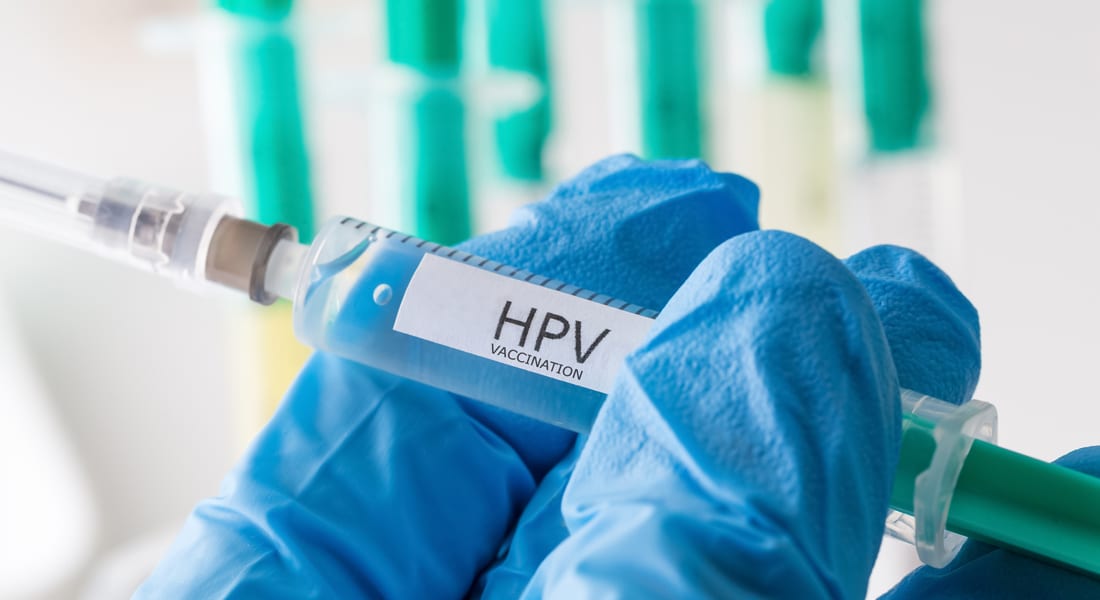Massive computational power of online “Minecraft” gaming community bests supercomputers
Video gamers have the power to beat cancer, according to cancer researchers and video game developers at Southern Methodist University, Dallas.
SMU researchers and game developers are partnering with the world’s vast network of gamers in hopes of discovering a new cancer-fighting drug.
Biochemistry professors Pia Vogel and John Wise in the SMU Department of Biological Sciences, and Corey Clark, deputy director of research at SMU Guildhall, are leading the SMU assault on cancer in partnership with fans of the popular best-selling video game “Minecraft.”
Vogel and Wise expect deep inroads in their quest to narrow the search for chemical compounds that improve the effectiveness of chemotherapy drugs.
“Crowdsourcing as well as computational power may help us narrow down our search and give us better chances at selecting a drug that will be successful,” said Vogel. “And gamers can take pride in knowing they’ve helped find answers to an important medical problem.”
Up to now, Wise and Vogel have tapped the high performance computing power of SMU’s Maneframe, one of the most powerful academic supercomputers in the nation. With ManeFrame, Wise and Vogel have sorted through millions of compounds that have the potential to work. Now, the biochemists say, it’s time to take that research to the next level — crowdsourced computing.
A network of gamers can crunch massive amounts of data during routine gameplay by pairing two powerful weapons: the best of human intuition combined with the massive computing power of networked gaming machine processors.
Taking their research to the gaming community will more than double the amount of machine processing power attacking their research problem.
“With the distributed computing of the actual game clients, we can theoretically have much more computing power than even the supercomputer here at SMU,” said Clark, also adjunct research associate professor in the Department of Biological Sciences. SMU Guildhall in March was named No. 1 among the Top 25 Top Graduate Schools for Video Game Design by The Princeton Review.
“If we take a small percentage of the computing power from 25,000 gamers playing our mod we can match ManeFrame’s 120 teraflops of processing power,” Clark said. “Integrating with the ‘Minecraft’ community should allow us to double the computing power of that supercomputer.”
Even more importantly, the gaming community adds another important component — human intuition.
Wise believes there’s a lot of brainpower eager to be tapped in the gaming community. And human brains, when tackling a problem or faced with a challenge, can make creative and intuitive leaps that machines can’t.
“What if we learn things that we never would have learned any other way? And even if it doesn’t work it’s still a good idea and the kids will still get their endorphin kicks playing the game,” Wise said. “It also raises awareness of the research. Gamers will be saying ‘Mom don’t tell me to go to bed, I’m doing scientific research.”
The Vogel and Wise research labs are part of the Center for Drug Discovery, Design and Delivery (CD4) in SMU’s Dedman College. The center’s mission is a novel multi-disciplinary focus for scientific research targeting medically important problems in human health. Their research is funded in part by the National Institutes of Health.
The research question in play
Vogel and Wise have narrowed a group of compounds that show promise for alleviating the problem of chemotherapy failure after repeated use. Each one of those compounds has 50 to 100 — or even more — characteristics that contribute to their efficacy.
“Corey’s contribution will hopefully tell us which dozen perhaps of these 100 characteristics are the important ones,” Vogel said. “Right now of those 100 characteristics, we don’t know which ones are good ones. We want to see if there’s a way with what we learn from Corey’s gaming system to then apply what we learn to millions of other compounds to separate the wheat from the chaff.”
James McCormick — a fifth year Ph.D. student in cellular molecular biology who earned his doctoral degree this spring and is a researcher with the Center for Drug Discovery, Design and Delivery — produced the data set for Clark and Guildhall.
Lauren Ammerman, a first-year Ph.D. student in cellular and molecular biology and also working in the Center for Drug Discovery, Design and Delivery, is taking up the computational part of the project.
Machines can learn from human problem solving
Crowdsourcing video gamers to solve real scientific problems is a growing practice.
Machine learning and algorithms by themselves don’t always find the best solution, Clark said. There are already examples of researchers who for years sought answers with machine learning, then switched to actual human gamers.
Gamers take unstructured data and attack it with human problem-solving skills to quickly find an answer.
“So we’re combining both,” Clark said. “We’re going to have both computers and humans trying to find relationships and clustering the data. Each of those human decisions will also be supplied as training input into a deep neural network that is learning the ‘human heuristic’ — the technique and processes humans are using to make their decisions.”
Gamers already have proven they can solve research problems that have stymied scientists, says Vogel. She cites the video game “Foldit” created by the University of Washington specifically to unlock the structure of an AIDS-related enzyme.
Some other Games With A Purpose, as they’re called, have produced similar results. Humans outperform computers when it comes to tasks in the computational process that are particularly suited to the human intellect.
“With ‘Foldit,’ researchers worked on a problem for 15 years using machine learning techniques and were unable to find a solution,” Clark said. “Once they created the game, 57,000 players found a solution in three weeks.”
Modifying the “Minecraft” game and embedding research data inside
Gamers will access the research problem using the version of “Minecraft” they purchased, then install a “mod” or “plugin” — gamer jargon for modifying game code to expand a game’s possibilities — that incorporates SMUs research problem and was developed in accordance with “Minecraft” terms of service. Players will be fully aware of their role in the research, including ultimately leaderboards that show where players rank toward analyzing the data set in the research problem.
SMU is partnering with leaders in the large “Minecraft” modding community to develop a functioning mod by the end of 2017. The game will be heavily tested before release to the public the second quarter of 2018, Clark said.
The SMU “Minecraft” mod will incorporate a data processing and distributed computing platform from game technology company Balanced Media Technology (BMT), McKinney, Texas. BMT’s HEWMEN software platform executes machine-learning algorithms coupled with human guided interactions. It will integrate Wise and Vogel’s research directly into the SMU “Minecraft” mod.
SMU Guildhall will provide the interface enabling modders to develop their own custom game mechanic that visualizes and interacts with the research problem data within the “Minecraft” game environment. Guildhall research is funded in part by Balanced Media Technology.
“We expect to have over 25,000 people continuously online during our testing period,” Clark said. “That should probably double the computing power of the supercomputer here.”
That many players and that much computing power is a massive resource attacking the research problem, Wise said.
“The SMU computational system has 8,000 computer cores. Even if I had all of ManeFrame to myself, that’s still less computing and brainpower than the gaming community,” he said. “Here we’ve got more than 25,000 different brains at once. So even if 24,000 don’t find an answer, there are maybe 1,000 geniuses playing ‘Minecraft’ that may find a solution. This is the most creative thing I’ve heard in a long time.” — Margaret Allen, SMU




